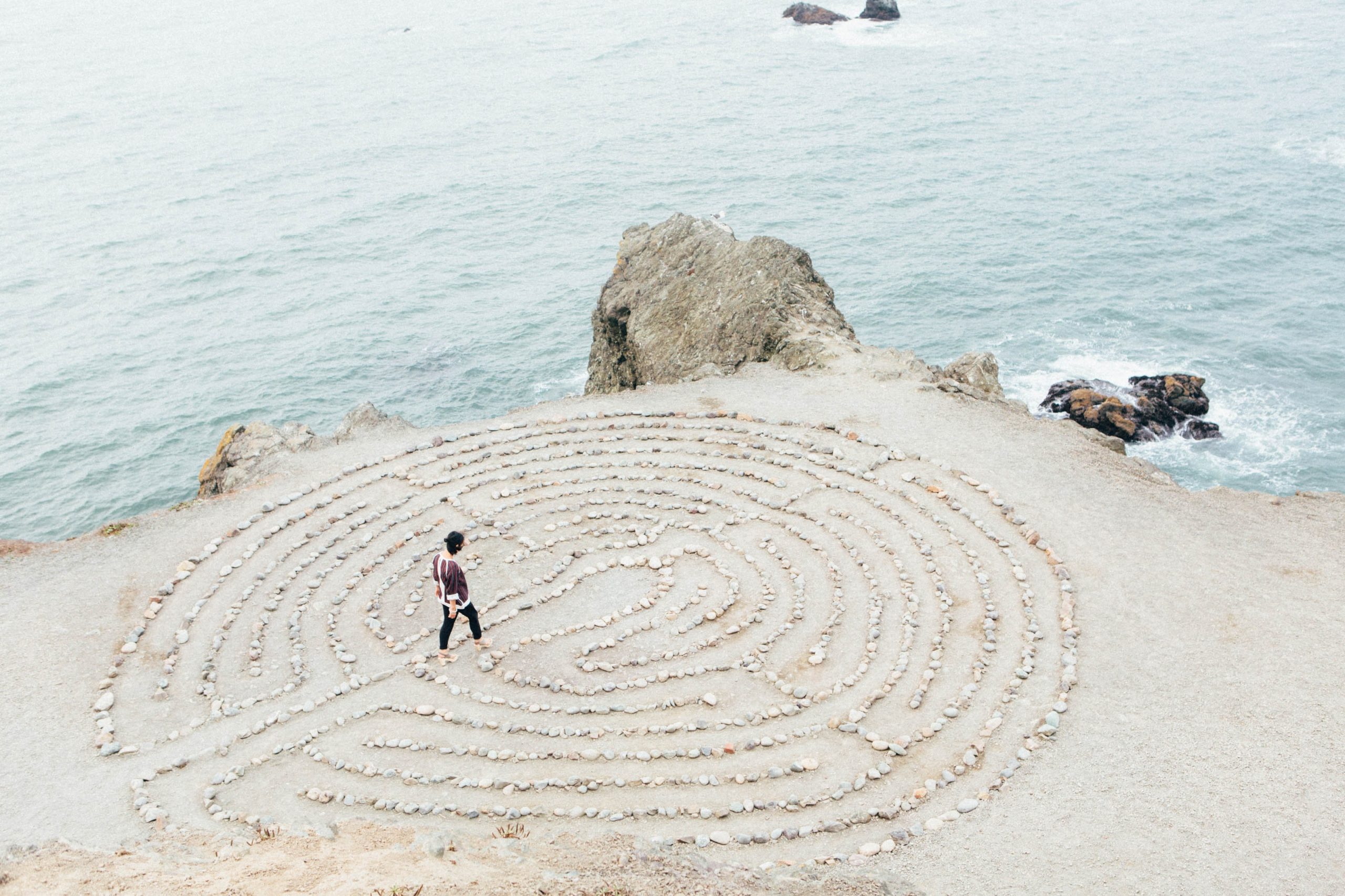Mindfulness and how to be a good friend
How can mindfulness help us and help others?

How to be a good friend using mindfulness techniques:
-
Be a good listener
Try not to be thinking about what you are going to say in return – rather listen to how they feel
-
Reflect what they have said
This will help them feel heard. You could begin the conversation with ‘what I just heard was …’ ‘Am I right in thinking this is how you feel?’
-
Do not try and fix their problem
Rather validate how they feel using helpful expressions such as ‘I can’t imagine how this must feel for you ..but it sounds awful’ or ‘you are right to feel sad.. it’s a very sad situation’ ‘your loss is huge …you are perfectly within your rights to feel angry.’
-
Try to not begin your reply with ‘At least.’
This could sound as if their suffering is not being validated.
-
Don’t talk about your suffering
Try your very best not to bring the attention to your suffering … e.g., ‘Oh! When that happened to me, I felt this way ….’ It can be helpful for you to let them know you have experienced similar loss…however try to let the attention remain on them.
-
When they cry
If someone cries, try using mindfulness ..so you are not tempted to say: ‘Aw don’t worry … it will be okay.’ Try and sit with them as they cry. Use mindfulness to not say anything. This can be much more powerful than ‘Don’t cry .. it will be fine.’
-
Monitor the conversation mindfully
That way you know when it is appropriate to offer constructive help. It can be helpful to not dive in immediately with suggestions that you may believe will ‘make them feel better.’
One of the most common anxieties people can feel when they are experiencing loss, is a feeling of not being heard. A good friend will be the friend who made you feel heard. Mindfulness can help us practice being a good friend. It is not always about offering good advice, finding a solution, or fixing the problem – it is often just about being there – validating their suffering.
Learn more about our Mindfulness seminars




